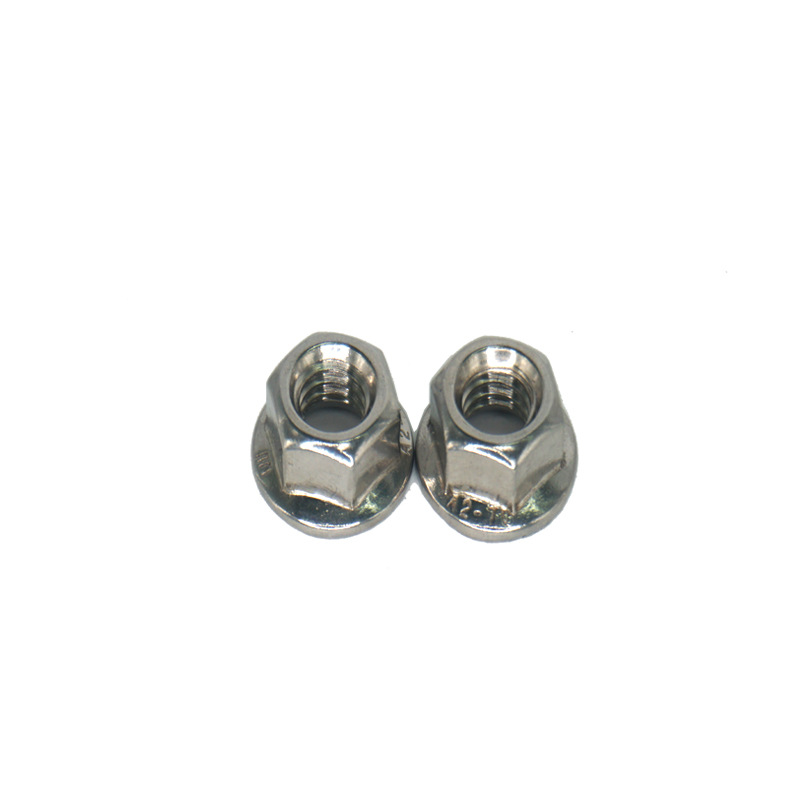

Stud Bolt Specifications A193 B7 and A194 2H for Reliable Fastening Solutions
Nov . 09, 2024 15:35 Back to list
Stud Bolt Specifications A193 B7 and A194 2H for Reliable Fastening Solutions
Understanding Stud Bolt A193 B7 and A194 2H Key Components in Industrial Fastening
In the world of industrial fastening, stud bolts hold a significant place due to their robustness and versatility. Specifically, the ASTM A193 B7 stud bolt and the ASTM A194 2H nut form a well-known coupling used in a variety of applications, especially in high-temperature, high-pressure environments such as oil and gas, power generation, and chemical processing.
Stud Bolt A193 B7
The ASTM A193 B7 stud bolt is made from chromium-molybdenum alloy steel that offers excellent mechanical properties. It is well-suited for high-stress applications and is often used in conjunction with heavy machinery or in environments where bolts are subjected to extreme conditions. The B7 designation indicates not only its chemical composition but also its mechanical strength, with a minimum yield strength of 105ksi (kilopounds per square inch).
Due to its properties, B7 bolts exhibit excellent resistance to stress and fatigue, making them incredibly reliable. These studs can withstand high levels of heat, corrosion, and wear, which is essential in industries where equipment is subject to harsh conditions. The presence of chromium and molybdenum in the alloy helps to enhance these properties, providing a reinforcing effect that is crucial for maintaining structural integrity.
Nut A194 2H
When fastening components with A193 B7 stud bolts, the ASTM A194 2H nut is typically used as the securing counterpart. The 2H designation also refers to the specific alloy used—carbon steel that has been heat-treated to achieve a minimum tensile strength of 125ksi. This nut is designed to provide a secure closure, with threads that match the B7 studs for a perfect fit.
stud bolt a193 b7 a194 2h

The heat treatment process that A194 2H nuts undergo not only enhances their strength but also improves their resistance to wear and deformation, which is pivotal when dealing with high-pressure applications. The nuts come with a coating that can further enhance their resistance to corrosion, including options for hot-dip galvanization or black oxide finishes.
Compatibility and Application
The combination of A193 B7 stud bolts with A194 2H nuts provides a deterministic approach to fastening in critical applications. These fasteners are often employed in HVAC systems, pressure vessels, and offshore platforms where reliability is paramount. The compatibility of these components is essential, as mismatched fastener specifications can lead to joint failure, resulting in costly downtime and repairs.
When assembling, careful torque specifications should be followed to ensure optimal performance. The appropriate application of torque not only aids in achieving the desired clamping force but also ensures the integrity of the joint. Failure to adhere to these specifications can lead to galling or stripping of threads, which may compromise the entire installation.
Conclusion
In conclusion, the A193 B7 stud bolt and A194 2H nut are indispensable components in the realm of industrial fastening. Their unique properties render them suitable for extreme conditions, ensuring a robust and reliable connection. By understanding the characteristics and applications of these fasteners, engineers and technicians can make informed decisions that enhance safety and efficiency in their operations. Ultimately, the reliable pairing of these stud bolts and nuts exemplifies the critical role of high-quality fasteners in modern industrial practices.
Latest news
-
Premium Fasteners Manufacturer | AI-Driven Solutions
NewsAug.01,2025
-
Hot Dip Galvanized Bolts - Hebei Longze | High Strength, Corrosion Resistance
NewsAug.01,2025
-
High-Strength Hot Dip Galvanized Bolts - LongZe | Corrosion Resistance, Custom Sizes
NewsAug.01,2025
-
Best Self Tapping Screws for Drywall - Fast & Secure Installation
NewsJul.31,2025
-
High-Strength Hot Dip Galvanized Bolts-Hebei Longze|Corrosion Resistance&Customization
NewsJul.31,2025
-
Hot Dip Galvanized Bolts-Hebei Longze Metal Products|Corrosion Resistance&High Strength
NewsJul.31,2025

